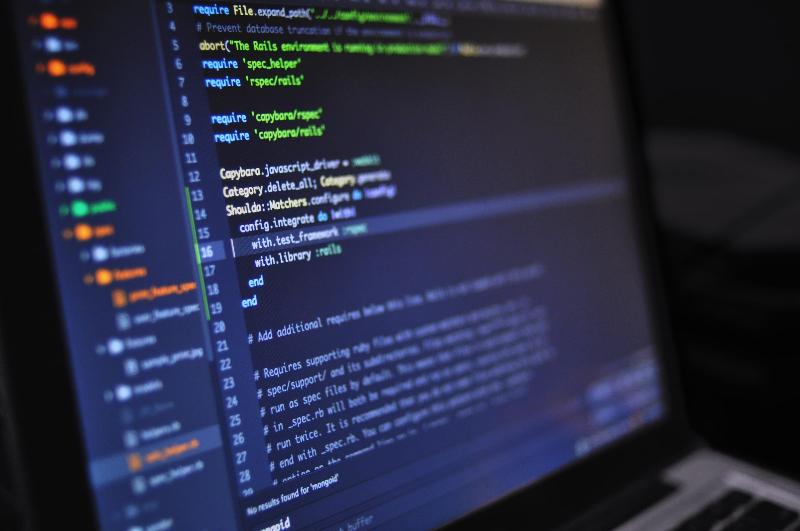Grundläggande datatekniska begrepp.
Programmering i ett modernt programspråk (Python). Datastrukturer och klasser. Användning av enkla grafikrutiner (främst för betyget A). Problemlösning genom uppdelning i delproblem.
Programstrukturering. Flera mindre programmeringsuppgifter samt en större, individuell programmeringsuppgift med stor vikt på strukturering och specifikation av ingående moduler.
